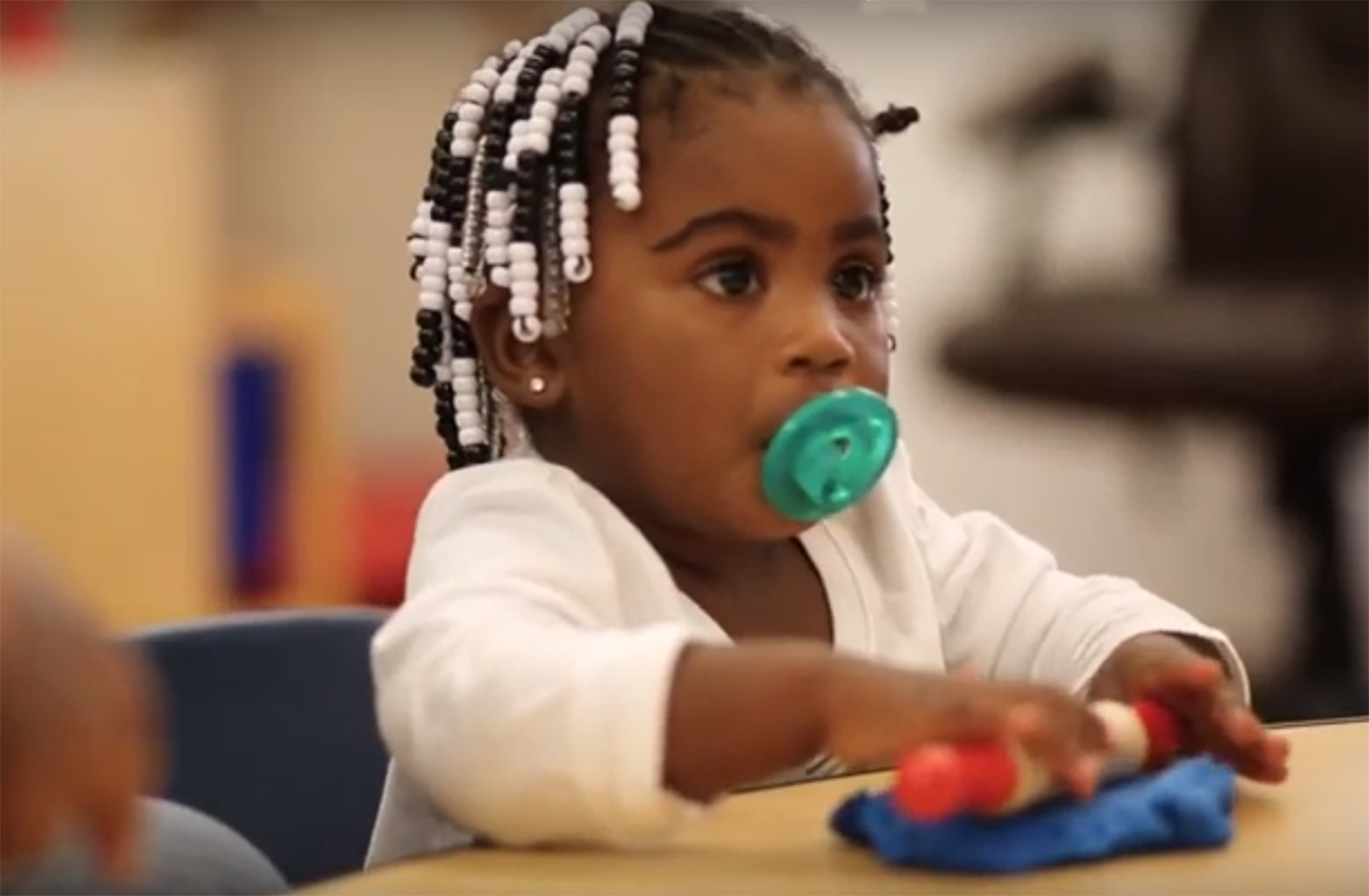New Research from the Johns Hopkins School of Nursing
A new study led by researchers at the Johns Hopkins School of Nursing (JHSON) suggests that the Chicago Parent Program, a group-based parent management training (PMT) program developed by JHSON faculty Deborah Gross, is just as effective in decreasing child behavior problems as is Parent-Child Interaction Therapy (PCIT)—often considered the “gold standard” among PMT programs. The study also revealed that CPP took less time to complete and cost about 50 percent less to implement than PCIT.
The research was recently published in the Journal of the American Academy of Child & Adolescent Psychiatry. It compared the two evidence-based programs to measure their effectiveness for a low-income population of families, compare cost, and to determine if group-based versus individualized training made an impact on the end result. Most of the families in the study were African American.
While both programs teach the same behavioral strategies and have been shown to improve parenting skills and decrease behavior problems in young children, the teaching methods and treatment duration within the programs are different.
The Chicago Parent Program:
Group-based learning structure that meets for two-hour sessions for a period of 12 weeks
Treatment delivered by two trained clinicians; parents attend sessions without children
Learning is facilitated by watching and discussing video vignettes of real-life families navigating common parenting challenges; problem-solving with other parents of children with challenging behavior
Curriculum focuses on helping parents to clarify their child-rearing goals, learn limit-setting strategies, and develop problem-solving skills.
Parent-Child Interaction Therapy:
Mastery-based, individual coaching model delivered in one-hour sessions
Parents and children attend together
Parents are coached by a trained therapist from behind a one-way mirror. Parents receive very specific guidance and positive reinforcement from the therapist regarding interactions with their child
Treatment progresses at the rate parents learn and master the skills; treatment is completed once the parent has mastered all skills.
For the study, a group of 158 parents were randomized to CPP or PCIT. Participants were selected from among those who were seeking treatment for their 2-5-year-old children’s behavior problems in an urban mental health clinic between the years 2012 and 2016. The majority of parents were low-income and experiencing significant psychosocial adversity. Child behavior problems were assessed at baseline, post intervention, and four months after each program’s completion using a standardized child behavior measure called the Child Behavior Checklist.
At the conclusion of the study, researchers found that both programs were equally effective for reducing child behavior problems. A comparison of per-participant costs showed that CPP cost nearly 50 percent less than PCIT ($840 per participant in comparison to $1,669).
See the published study for full details.
“These results are a breakthrough in terms of measuring parenting programs, particularly among low-income families experiencing adversity,” says Gross, DNSC, RN, FAAN. “The Chicago Parent Program appears to be a cost-effective alternative to PCIT and targets a segment of the population that has been traditionally left out of reaping the benefits from parenting programs.” Gross developed CPP in 2002 to specifically target this population.
In a companion paper from the same study, the research also showed that parents who were randomized to CPP and were experiencing a high level of psychosocial adversity were more likely to be “highly satisfied” with their treatment compared to PCIT and less likely to drop out of the program.
“PCIT, which requires high executive functioning skills, can be difficult to implement when parents are dealing with stress, trauma, or depression. On the other hand, CPP allows parents to learn vicariously by watching other parents manage a particular situation. They are able to discuss the strategies and challenges without having to implement a solution in the very moment.”
Given this is the first randomized pragmatic trial to compare the effectiveness and cost of two evidence-based PMT programs among a highly vulnerable population, Gross adds future research should also look at strategies to boost engagement and retention within PMT programs among vulnerable populations.
“As with any program, there is rarely a one-size-fits all solution. Sometimes, parents may benefit most by utilizing both PCIT and CPP. This study reveals the importance of having a variety of programs tailored to the needs of specific populations.”
Gross further discusses the findings in a new podcast.
***
Located in Baltimore, the Johns Hopkins School of Nursing is a globally-recognized leader in nursing education, research and practice. The school ranks No. 1 nationally for its graduate, DNP, and online programs in the U.S. News & World Report rankings. In addition, the school is ranked by QS World University as the No. 4 nursing school in the world, No.1 by College Choice for its master’s program, and No. 1 NursingSchoolHub.com for its DNP program. First opened in 1889, the Johns Hopkins School of Nursing is celebrating throughout 2019 its 130th anniversary as a school and leader in nursing education and excellence. For more information, visit www.nursing.jhu.edu and www.hopkinsnursing130.org.
Media Inquiries
Danielle Kress
410-955-2840
